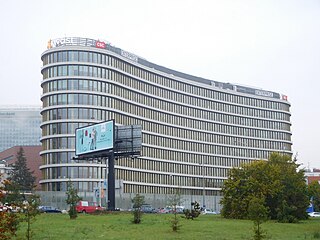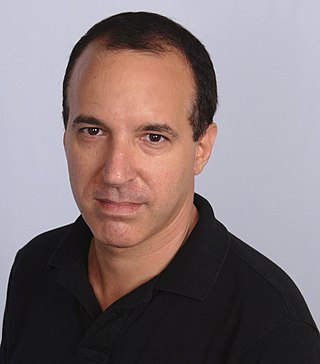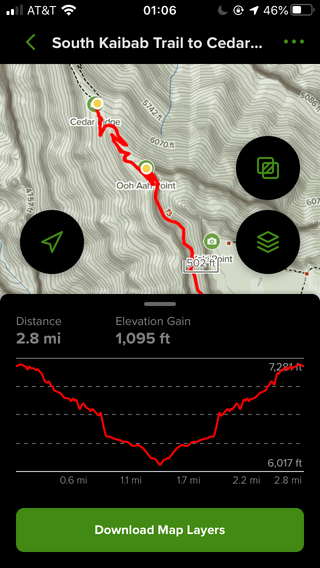Malware is any software intentionally designed to cause disruption to a computer, server, client, or computer network, leak private information, gain unauthorized access to information or systems, deprive access to information, or which unknowingly interferes with the user's computer security and privacy. Researchers tend to classify malware into one or more sub-types.

Antivirus software, also known as anti-malware, is a computer program used to prevent, detect, and remove malware.

Avast Software s.r.o. is a Czech multinational cybersecurity software company headquartered in Prague, Czech Republic, that researches and develops computer security software, machine learning, and artificial intelligence. Avast has more than 435 million monthly active users and the second largest market share among anti-malware application vendors worldwide as of April 2020. The company has approximately 1,700 employees across its 25 offices worldwide. In July 2021, NortonLifeLock, an American cybersecurity company, announced that it was in talks to merge with Avast Software. In August 2021, Avast's board of directors agreed to an offer of US$8 billion.

Turnitin is an Internet-based similarity detection service run by the American company Turnitin, LLC, a subsidiary of Advance Publications.
iThenticate is a plagiarism detection service for the corporate market, from Turnitin, LLC, which also runs Plagiarism.org.
Plagiarism detection or content similarity detection is the process of locating instances of plagiarism or copyright infringement within a work or document. The widespread use of computers and the advent of the Internet have made it easier to plagiarize the work of others.

VirusTotal is a website created by the Spanish security company Hispasec Sistemas. Launched in June 2004, it was acquired by Google in September 2012. The company's ownership switched in January 2018 to Chronicle, a subsidiary of Google.

AVG Technologies is a brand of cybersecurity, privacy, performance and utility software applications for desktop computers and mobile devices developed by Avast, a part of Gen Digital. AVG was a cybersecurity software company founded in 1991 and it merged into Avast following an acquisition in 2017. It typically offers freeware, earning revenues from advertisers and from users that upgrade to paid versions for access to more features.

Plagiarism is the representation of another person's language, thoughts, ideas, or expressions as one's own original work. Although precise definitions vary depending on the institution, in many countries and cultures plagiarism is considered a violation of academic integrity and journalistic ethics, as well as social norms around learning, teaching, research, fairness, respect, and responsibility. As such, a person or entity that is determined to have committed plagiarism is often subject to various punishments or sanctions, such as suspension, expulsion from school or work, fines, imprisonment, and other penalties.

Splunk Inc. is an American software company based in San Francisco, California, that produces software for searching, monitoring, and analyzing machine-generated data via a web-style interface. Its software helps capture, index and correlate real-time data in a searchable repository, from which it can generate graphs, reports, alerts, dashboards and visualizations.
Duplicate content is a term used in the field of search engine optimization to describe content that appears on more than one web page. The duplicate content can be substantial parts of the content within or across domains and can be either exactly duplicate or closely similar. When multiple pages contain essentially the same content, search engines such as Google and Bing can penalize or cease displaying the copying site in any relevant search results.
PlagTracker is a Ukrainian-based online plagiarism detection service that checks whether similar text content appears elsewhere on the web. It was launched in 2011 by Devellar.
Grammarly is a Ukraine-founded cloud-based typing assistant, headquartered in San Francisco. It reviews spelling, grammar, punctuation, clarity, engagement, and delivery mistakes in English texts, detects plagiarism, and suggests replacements for the identified errors. It also allows users to customize their style, tone, and context-specific language.

Pedro Sánchez Pérez-Castejón is a Spanish politician who has been Prime Minister of Spain since June 2018. He has also been Secretary-General of the Spanish Socialist Workers' Party (PSOE) since June 2017, having previously held that office from 2014 to 2016, and was elected President of the Socialist International in November 2022.
The following tables compare software used for plagiarism detection.
Endpoint security or endpoint protection is an approach to the protection of computer networks that are remotely bridged to client devices. The connection of endpoint devices such as laptops, tablets, mobile phones, Internet-of-things devices, and other wireless devices to corporate networks creates attack paths for security threats. Endpoint security attempts to ensure that such devices follow a definite level of compliance to standards.

Kenny Sahr is an Israeli technology executive. He has served as VP Marketing at Sodyo and RadView Software. He was the founder of the Internet's first free homework and term paper website - SchoolSucks.com. He is a regular contributor to The Times of Israel.
Contributors to the online encyclopedia Wikipedia, often referred to as Wikipedians, license their submitted content under a Creative Commons license, which permits re-use as long as attribution is given. However, there have been a number of occasions when persons have failed to give the necessary attribution and attempted to pass off material from Wikipedia as their own work. Such plagiarism is a violation of the Creative Commons license and, when discovered, can be a reason for embarrassment, professional sanctions, or legal issues.

Yasmín Esquivel Mossa is a Mexican lawyer and public official who serves as a justice of the Supreme Court of Justice of the Nation since 2019. Since then, she has served in positions such as account secretary of the presidency of the Superior Agrarian Court or magistrate and president of the Superior Chamber of the Court of Administrative Litigation.

AllTrails is a fitness and travel mobile app used in outdoor recreational activities. This app is commonly used for outdoor activities such as hiking, mountain biking, climbing and snow sports. The service allows users to access a database of trail maps, which includes crowdsourced reviews and images. Depending on a user's subscription status, these resources can be used online and offline.










